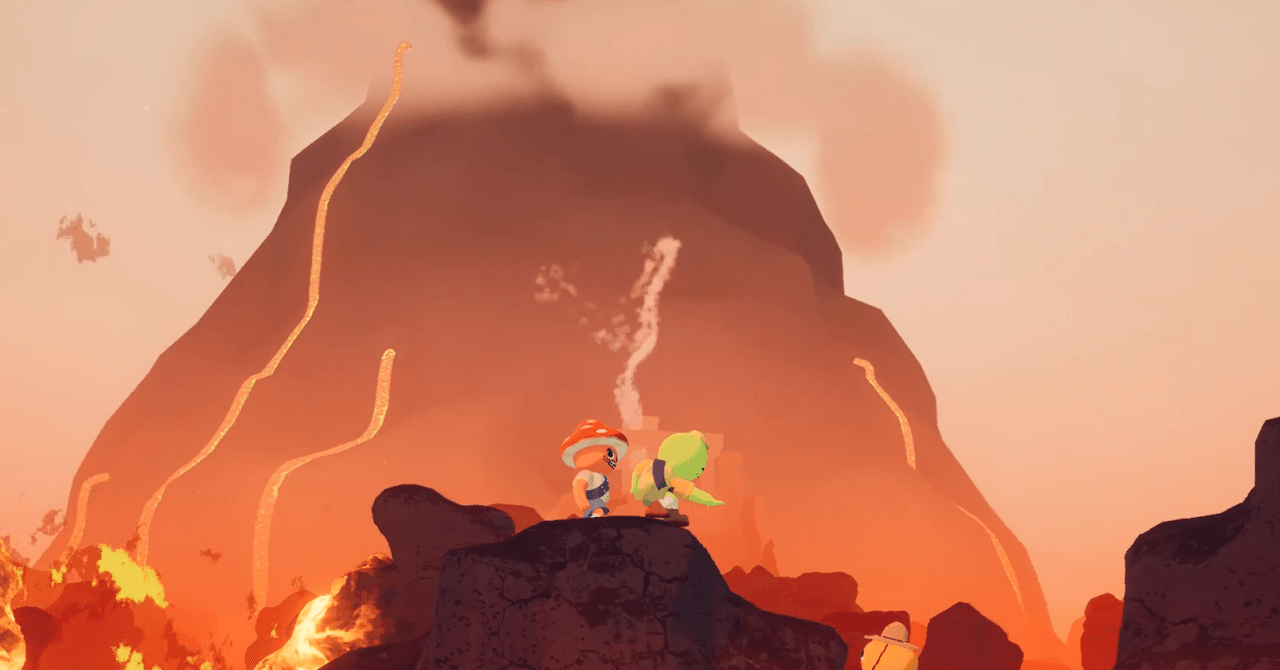The process of removing game clones can be exhausting for developers, especially small studios with limited time, energy, and resources, all while depending on digital distribution platforms. Wren Brier, creative director of “Unpacking,” states that since the game’s 2021 release, developer Witch Beam has reported over 80 clones. Brier describes the situation as “whack-a-mole,” with these clones being “blatant copyright infringements” using the game’s assets or name. Most of them are low-effort scams exploiting “Unpacking’s” name or imagery to mislead players into downloading non-game content filled with ads.
Brier clarifies misconceptions about AI-made clones, noting they are often unrelated, hastily assembled, low-quality games falsely marketed with AI-generated images. Such clones are scams, aiming to deceive players with misleading visuals, masquerading as legitimate games.
While clones may not significantly impact developer earnings—Aggro Crab remains financially secure due to “Peak’s” success—their adverse effects extend further. Brier compares the issue to AI books affecting authors: “Flooding a storefront with garbage that no one wants makes it difficult for players to discover indie games organically.” Previously, game certification was stricter.
Brier insists that the cloning problem affects the entire industry, not just individual games. Developers face limited options to combat clones, irrespective of their origin. Intellectual property attorney Kirk Sigmon notes the inherent legal challenges with clones, as copyright doesn’t cover genre, aesthetics, or gameplay mechanics. AI expedites “slop generation,” a longstanding issue. Faster AI models have only slightly lowered the bar for new entrants in the game cloning market.
Copyright cases are easier when a cloner directly copies from a game, as seen with “Unpacking.” Knockoff games often unintentionally or deliberately replicate assets from the games they mimic. Sigmon suggests that AI-generated games might better shield against copyright lawsuits since savvy cloners might use AI to develop unique assets/code, complicating legal proceedings.
Ultimately, platforms have the power to eliminate clones, though smaller developers bear the workload of filing reports and navigating communication channels. While some issues resolve in days, others drag on for weeks. Social pressure remains a viable defense, with developers engaging fans or complaining to storefronts.
Aggro Crab and Landfall adopt this strategy over litigation. Aggro Crab’s cofounder Kamen voiced discontent publicly, preferring users pirate their game rather than engage with a “microtransaction-riddled [Roblox] slop ripoff.” Landfall tweeted about reporting numerous AI clones, referencing the game “Peaked Climbing,” which was temporarily on the PlayStation Store despite “Peak” only releasing on PC. WIRED reached out to PlayStation, Roblox, and Steam for updates.
Kamen emphasizes the importance of human-created media, highlighting that AI-created games lack the human perspective and value inherent in authentic artistic expression.

